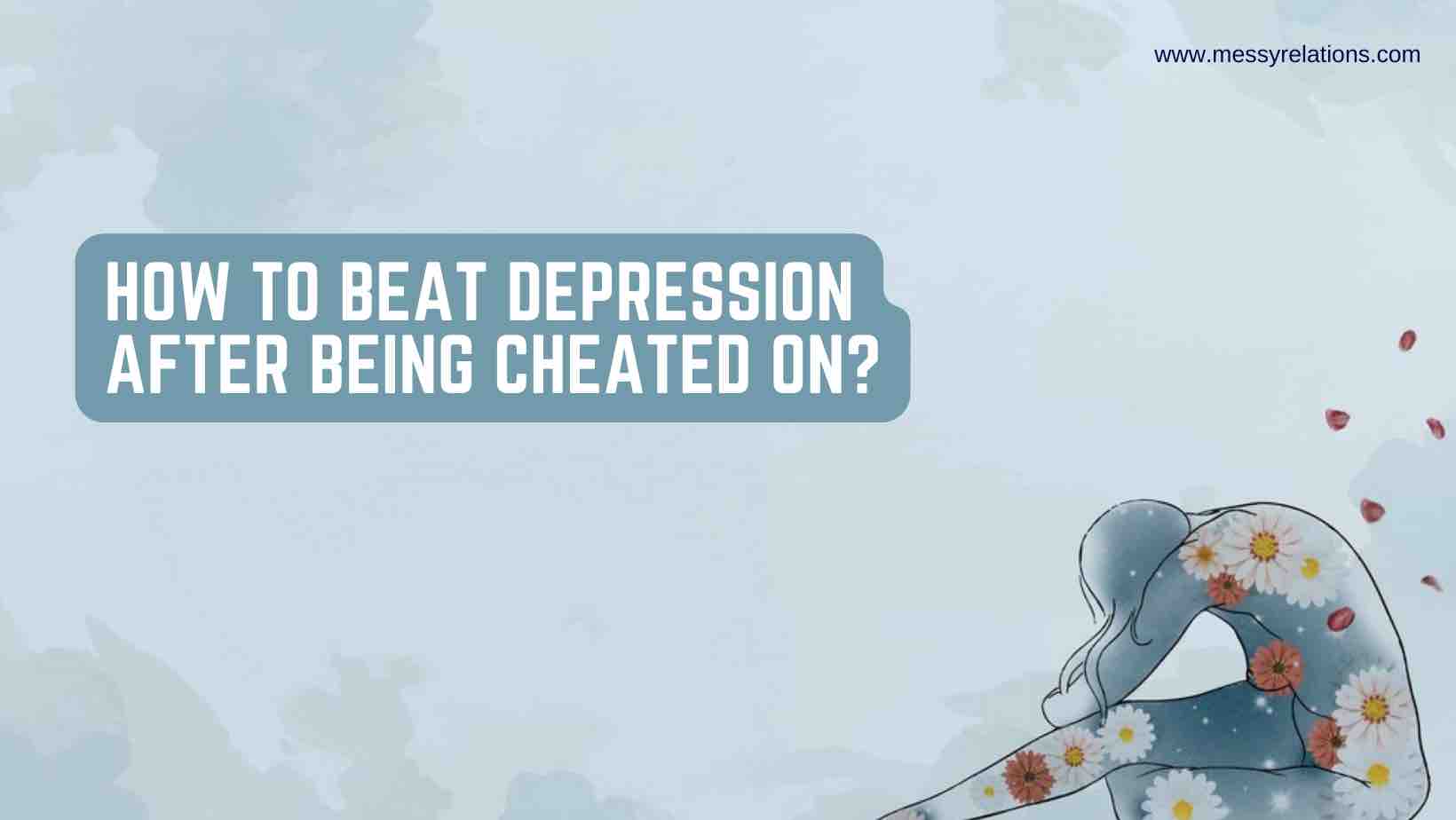Dealing with emotional affairs can be a tumultuous journey. But understanding the stages of emotional affairs and how to navigate them can pave the way for healing and growth. Whether you’re directly involved or helping someone close to you, this guide offers a compassionate approach to recovery.
1. Recognize the Problem
The first step in recovering from any emotional affair is acknowledging its existence. Often, emotional affairs begin subtly, making them harder to recognize compared to physical affairs. It’s crucial to understand that emotional affairs involve deep emotional connections and often secrecy, which can be just as damaging as physical infidelity. Acknowledging this is a vital step in the recovery process.
2. Understand the Emotional Impact
Emotional affairs are complex because they involve a significant emotional investment. Feelings of betrayal, guilt, confusion, and grief are common. If you’re recovering from an affair, it’s important to allow yourself to feel these emotions. They are natural and a necessary part of the healing journey.
3. Communicate and Disclosure
Effective communication plays a critical role in recovery. If you’re in a relationship, deciding how and when to disclose the affair to your partner is challenging but essential. Honesty is key, even though it may lead to difficult conversations. This step is about laying a foundation for trust and healing.
4. Seek Support
The stages of emotional affairs are often too intricate to navigate alone. Seeking support from friends, family, or a professional therapist can provide you with the necessary perspective and guidance. Therapy, especially, can be a safe space to explore your feelings and learn coping mechanisms.
5. Set Boundaries
A crucial part of recovery is understanding what led to the emotional affair and setting boundaries to prevent its recurrence. This might mean reevaluating friendships or patterns of behavior and making significant changes to protect your emotional well-being and that of your relationships.
6. Rebuild Trust
If you’re in a relationship, rebuilding trust is a gradual process. It involves consistent effort, transparency, and communication. This stage is often the longest and requires patience from both partners. Rebuilding trust is about demonstrating through actions that the emotional affair is over.
7. Personal Reflection and Growth
Recovery from emotional affairs provides an opportunity for deep personal reflection. It’s a time to explore your vulnerabilities and needs. Understanding these aspects can foster personal growth and lead to healthier relationships in the future.
8. Forgive and Move Forward
Forgiveness is a powerful step in the healing process. It might involve forgiving yourself or your partner. Remember, forgiveness doesn’t excuse the behavior but allows you to move past it. Forgiveness is a process and might require time and reflection.
9. Preventing Future Emotional Affairs
Prevention is about maintaining healthy relationships. This involves ongoing communication, emotional connection, and understanding of personal and mutual needs. It’s about being proactive in addressing issues and maintaining boundaries to safeguard your relationships.
Recovering from the stages of emotional affairs is a journey of introspection, honesty, and growth. It’s about learning from the past and making conscious choices to foster healthier relationships. With the right support and mindset, healing is not just possible; it’s the pathway to a more fulfilling and emotionally honest life.
FAQs – Frequently Asked Questions
1. What exactly constitutes an emotional affair?
An emotional affair typically involves a deep emotional connection with someone outside of your primary relationship. It often includes elements of secrecy, emotional intimacy, and sometimes an implicit or explicit romantic undertone, which can be just as damaging as a physical affair.
2. How can I recognize if I’m involved in an emotional affair?
Recognizing an emotional affair can be tricky, as it often starts as a platonic friendship. Key indicators include spending a significant amount of time thinking about the person, sharing personal details or feelings you don’t share with your partner, and feeling a need to keep this relationship hidden or downplayed.
3. What are the first steps to take after discovering an emotional affair?
The first step is to acknowledge the situation honestly, both to yourself and, if applicable, to your partner. This involves open communication and a willingness to address the underlying issues that led to the affair.
4. Can a relationship survive an emotional affair?
Yes, many relationships can survive and even become stronger after an emotional affair, provided there is a commitment to rebuilding trust, open communication, and understanding the reasons behind the affair. It often requires the help of a therapist or counselor.
5. How important is professional counseling in recovering from emotional affairs?
Professional counseling can be extremely beneficial. It offers a safe space to explore your emotions and understand the affair’s impact on your relationship. Counselors can also provide tools and strategies for rebuilding trust and improving communication.
6. What should I do if my partner doesn’t acknowledge their emotional affair?
If your partner denies the emotional affair, focus on expressing your feelings and concerns. Suggest couple’s therapy as a neutral space to discuss these issues. It’s important to prioritize your emotional well-being in this situation.
7. How long does it take to recover from an emotional affair?
The recovery time varies significantly depending on the individuals and the circumstances. It’s a process that can take months or even years. Patience and consistent effort from both partners are crucial.
8. Are there any specific strategies to rebuild trust after an emotional affair?
Rebuilding trust involves transparency, honest communication, and consistent behavior that reassures your partner of your commitment. Setting clear boundaries and following through on promises are also key strategies.
9. How can I prevent emotional affairs in the future?
Preventing emotional affairs involves maintaining open communication with your partner, understanding your emotional needs, and setting clear boundaries in your interactions with others. Regularly checking in on your relationship’s emotional health is also important.
10. Is it possible to completely heal from an emotional affair?
Complete healing is possible, but it requires time, self-reflection, and often professional guidance. Healing is not just about moving past the affair, but also learning from it and growing emotionally, both individually and as a couple.
Remember, recovery is not a linear process, and it’s okay to seek help along the way. Your emotional health and relationships are worth the effort.




